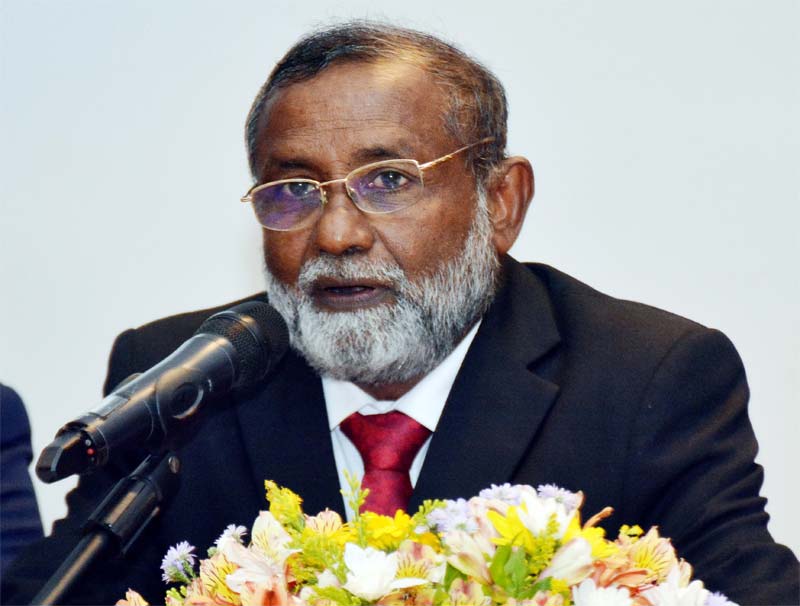Wednesday Feb 18, 2026
Wednesday Feb 18, 2026
Monday, 26 August 2024 04:32 - - {{hitsCtrl.values.hits}}

SAPPTA Chairman Christopher Fernando
By Charumini de Silva
Spices and Allied Products Producers’ and Traders’ Association (SAPPTA) Chairman Christopher Fernando insisted on the need for targeted reforms and Government support to boost the country’s spice production and export to over $ 1 billion.
Fernando, who was re-elected for the 2024/25 term during SAPPTA’s 40th Annual General Meeting last Friday, outlined the industry’s goals and challenges, urging stakeholders to take proactive measures to ensure sustained growth.
He said that Sri Lanka’s spice production is expected to increase from 110,000 tons in 2023 to over 121,000 tons by 2028, reflecting steady annual growth. “To meet the rising global demand, it is essential that we enhance our yields and expand our plantations,” Fernando stated, adding that, of the total agriculture exports, 32% consists of spices, oils, and concentrates.
Fernando called for targeted programs to boost both production and exports, stressing the need for strategic investments in the spice sector.
“Sri Lankan spices represent more than just products, they are symbols of our culture and heritage,” he added.
He pointed to the Protected Geographical Indication (PGI) status received for Ceylon Cinnamon in 2022, which has yet to be fully utilised. “We call on the Government to implement the GI system fully to leverage this certification,” he said.
Despite obtaining GI status from the European Union (EU) Commission in February 2022 – intended to distinguish Ceylon Cinnamon in the EU market from lower-quality substitutes – not a single shipment has been sent with the GI certificate.
A major concern raised by the SAPPTA Chairman was the current inactivity of weekly spice auctions at The Ceylon Chamber of Commerce (CCC). He noted that the lack of active auctions has been a pressing issue for the industry, and SAPPTA has requested urgent intervention from the Chamber to address this problem. “Regular auctions are vital for maintaining market stability and ensuring fair pricing for both producers and traders.”
Fernando also revealed that the cardamom industry is facing a severe crisis due to a Thrips attack, leading to a severe shortage of the spice. He claimed that this scarcity has resulted in increased smuggling, posing a threat to the legitimate spice trade. “This situation highlights the urgent need for effective measures and Government support to safeguard our industry and combat illegal imports,” he said, urging the authorities to implement deterrent measures against theft and smuggling to protect the industry.
Drawing parallels with historical legislative measures like the Coffee Stealing Ordinance of 1876, Fernando called for similar deterrent actions to support the spice industry and other agricultural sectors. “Effective action and commitment from the Government are essential to safeguard our valuable spice crops from theft and illegal activities to realise its full potential,” he pointed out.
The SAPPTA Chief also highlighted the importance of internal reforms and leveraging Sri Lanka’s position as a leading source of high-quality spices. “Technological innovation, market expansion, and export incentives are crucial for enhancing our competitive advantage in the global market,” he added.
He advocated for a comprehensive approach that includes improving production techniques, enhancing quality standards, and exploring new markets.
Pix by Upul Abayasekara